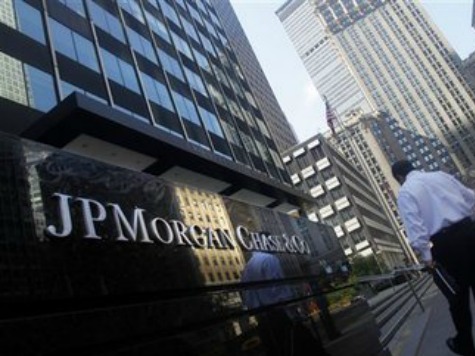J.P. Morgan’s record $13 billion tentative settlement with the Justice Department over allegedly misrepresented residential mortgage-backed securities does not dispel criminal charges against bank officials or the bank as an institution.
J.P. Morgan could be dismembered if several senior officers are found guilty of criminal charges or if the bank is convicted of fraud or other criminal activities. The crippling or breakup of J.P. Morgan would have grave consequences for major corporations and the broader economy that rely on the institution as their primary banker, and those firms’ CFOs would do well to start shopping their business elsewhere.
Also, other Wall Street institutions, such as Goldman Sachs, marketed similarly shaky securities. It must be asked: why has all this taken five years? Why was J.P. Morgan singled out for such harsh treatment? Does this episode have parallels to the federal suit against Standard and Poor’s, which downgraded U.S. debt in 2011 and then was singled out among bond rating agencies by the Administration?
Much of J.P. Morgan’s legal problems stem from its acquisitions of Bear Stearns and Washington Mutual, whereas Goldman Sachs’ mortgage securities problems were manufactured within its own confines. Again, why is J.P. Morgan treated so much more harshly, and without regard for the broader macroeconomic effects?
Much of Wall Street backed Barack Obama’s bid for the presidency in 2008 and subsequently maintained distance for the 2012 campaign. Goldman Sachs has continued close ties to the Administration and the Federal Reserve.
All this raises serious questions about the exercise of prosecutorial discretion by Eric Holder’s Justice Department.
Peter Morici is an economist and professor at the Smith School of Business, University of Maryland School, and a widely published columnist.

COMMENTS
Please let us know if you're having issues with commenting.